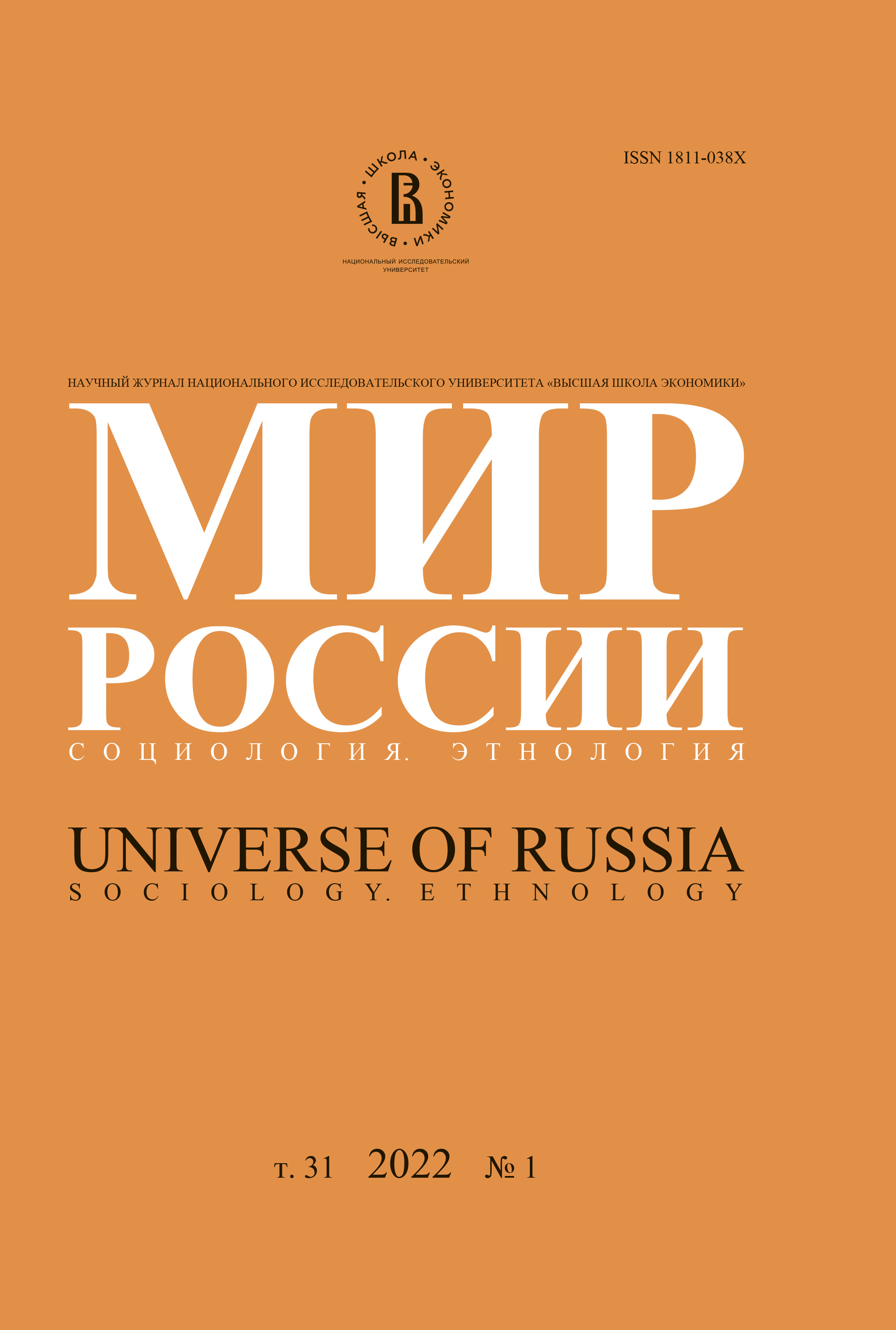The Exchange of Gifts in the Academic Sphere: Predatory Practices, False Signals, and Conflicts of Interest in Excellence Programs
Abstract
National academic excellence programs aim to increase the competitiveness of national universities at the international level. However, these initiatives may lead to very different results depending on the country of implementation. This study analyses hidden relationships inside academic networks, which sometimes force these networks to function against general public interests. It draws on the theory of gift exchange. For parties engaged in exchanges, it becomes difficult to avoid conflicts of interest. As a result, academic signals, whose aim is to reduce information asymmetry and boost the competitive advantages of the most deserving actors, do not fulfill their promise and become subject to simulation. Not only do these false signals generate rents, but they also encourage other actors to adopt similar strategies. This distorts the system of incentives in the academic sphere, which could otherwise benefit the broader interests of society.






